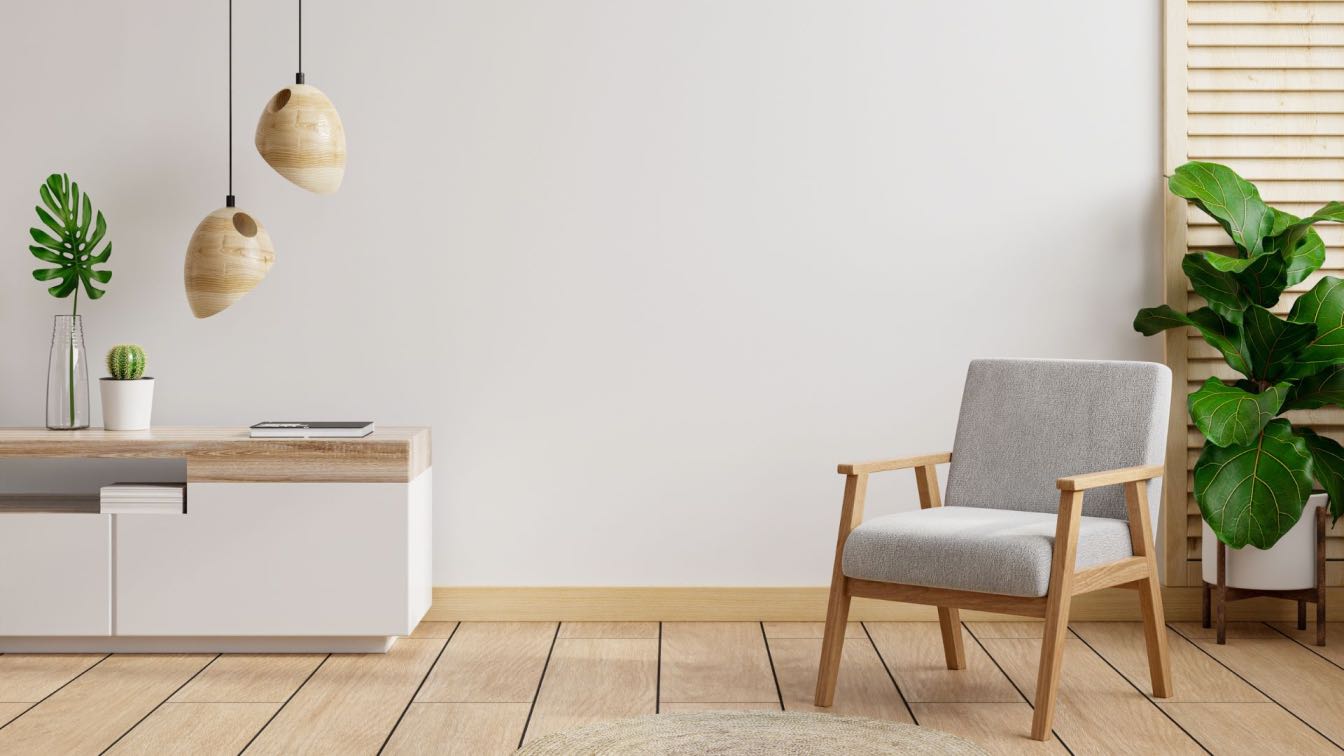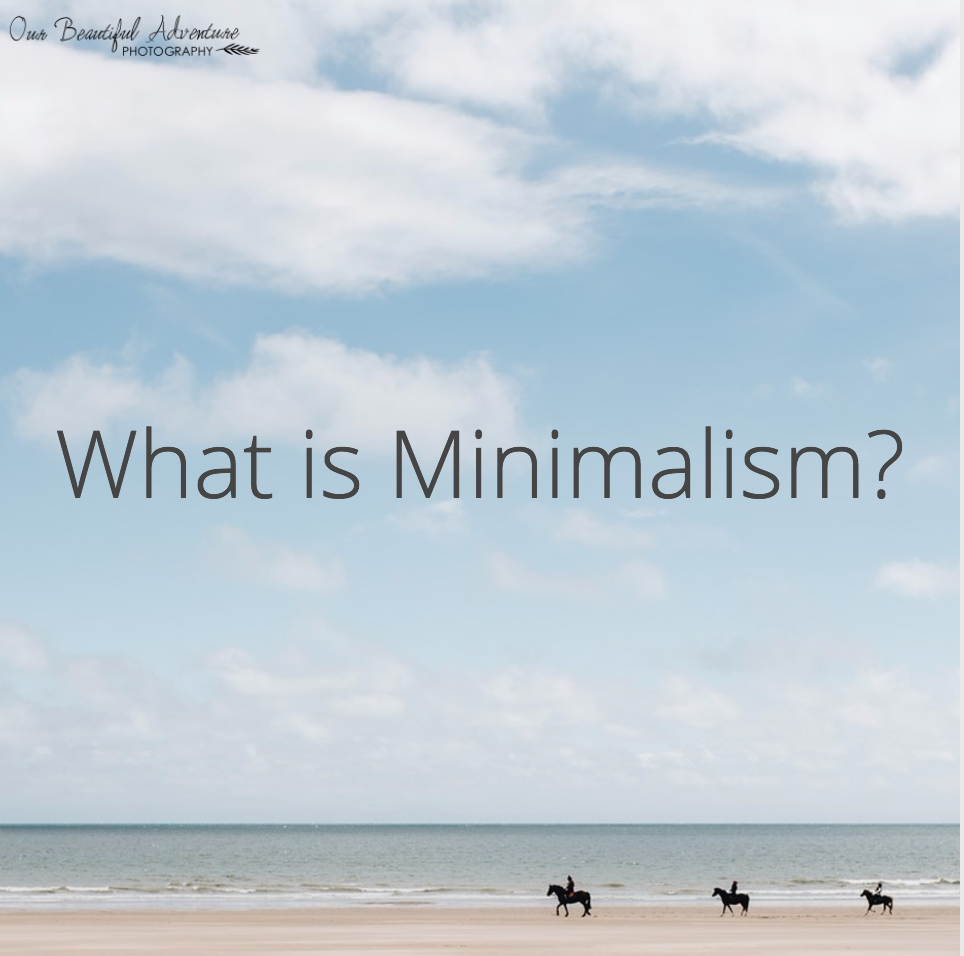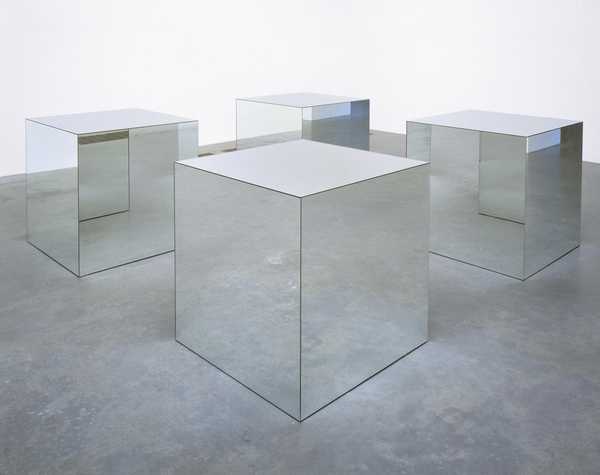Why Minimalism is the Trick to Accomplishing a Much More Organized and Stress-Free Life
Why Minimalism is the Trick to Accomplishing a Much More Organized and Stress-Free Life
Blog Article
Comprehending Minimalism: Techniques for Reducing Clutter and Enhancing Clearness in Everyday Living
Minimalism is increasingly acknowledged as a sensible technique to improving clarity and focus in today's chaotic globe. By methodically examining our possessions and focusing on intentionality, we can produce spaces that not just show our worths however likewise promote psychological health. Employing approaches such as the "Four-Box" method can facilitate a more well organized atmosphere, yet truth difficulty depends on growing a minimal attitude that sustains these efforts. Checking out the nuances of this ideology may expose shocking insights right into just how you can change your every day life. When you embrace this willful simpleness?, what might you find.
Specifying Minimalism and Its Advantages
Defining minimalism entails recognizing it as a way of life choice that highlights simplicity and intentionality in both physical possessions and daily regimens. At its core, minimalism motivates people to prioritize what absolutely matters, permitting an extra purposeful and focused existence. By stripping away the non-essential, minimalism invites individuals to engage deeply with their experiences and surroundings.
The advantages of adopting a minimal method are diverse. It fosters mental quality, as decreasing clutter in one's environment can lead to decreased interruptions and stress. When bordered by fewer properties, individuals frequently report boosted focus and boosted performance. Second of all, minimalism promotes monetary freedom; by focusing on requirements over wants, people can make more educated buying decisions, causing potential cost savings and minimized financial obligation. A minimalist way of living can yield emotional advantages, as it urges people to cultivate gratefulness for what they have instead than yearning for much more.
Eventually, minimalism is not simply about worldly reduction yet involves an alternative change in viewpoint, fostering a life defined by satisfaction, function, and balance. Welcoming this way of life can lead to extensive adjustments in how individuals communicate and regard with the globe around them.
Assessing Your Existing Mess
Mess commonly materializes as a frustrating build-up of products that no longer offer a function, creating a barrier to accomplishing a minimalist way of life. To properly evaluate your existing mess, it is important to embrace a systematic strategy. Begin by identifying the areas in your home that really feel chaotic or overwhelming. Bear in mind of specific categories of products, such as apparel, publications, or cookware, as this will certainly help you recognize the extent of the mess.

In addition, think about the regularity of usage for each product. It may be a prospect for elimination if something has actually not offered a purpose in the past year. This analysis will not only clarify your partnership with your possessions however will additionally establish the foundation for reliable decluttering in the future. Ultimately, understanding your present mess is a crucial step towards accepting minimalism and improving clearness in your everyday living.

Practical Decluttering Strategies
Having analyzed your current mess, the next step is to apply practical decluttering strategies that facilitate a more arranged Discover More living area. Minimalism. One efficient method is the "Four-Box" technique, where you designate four boxes classified: keep, donate, garbage, and relocate. This approach motivates fast decision-making and makes certain products are classified properly
Another technique is the "One in, One out" guideline, which specifies that for every new item gotten, an existing item needs to be gotten rid of. This principle aids keep balance and stops buildup with time. Furthermore, take into consideration the "30-Day Minimalism Game," where you remove one product on the very first day, 2 on the second, and so forth, cumulatively fostering a sense of success.
Limitation on your own to a specific number of treasured products, enabling you to value their significance without overwhelming your room. By using these strategies, you can create a more serene and efficient living space, eventually enhancing clearness in your daily life.
Developing Intentional Areas
Developing willful spaces involves a thoughtful approach to just how we layout and arrange our settings, ensuring each location serves a specific function and mirrors our worths. This practice is crucial in cultivating a feeling of clarity and function in our day-to-day lives. By critically analyzing the feature of each area, we can remove disturbances and boost our general health.
To develop intentional areas, begin by recognizing the primary activities that will happen in each area. As an example, an office need to be created to promote performance, incorporating aspects such as appropriate lighting, this content comfortable furniture, and marginal diversions. In contrast, a leisure area need to advertise harmony, featuring comforting colors and comfy seating.
Furthermore, think about the psychological impact of your environments (Minimalism). Including personal things that resonate with your worths, such as art work or plants, can improve the link to your area. On a regular basis examine these settings to ensure they proceed to offer their desired function as your needs develop
Inevitably, developing intentional spaces is about making mindful selections that align with your way of living, promoting harmony and performance in your living and functioning atmospheres.
Preserving a Minimalist Frame Of Mind
Welcoming a minimal frame of mind needs ongoing reflection and intentionality in our actions and thoughts. Set apart time to review your dedications, possessions, and even electronic material, guaranteeing they align with your core principles.
One more key method is to practice thankfulness. Recognizing what you currently possess fosters contentment and minimizes the desire for unwanted. This change in perspective motivates gratitude for simplicity, improving total well-being. Including mindfulness strategies, such as meditation or journaling, can better strengthen a minimal mindset by promoting quality and minimizing mental clutter.
Furthermore, establish borders to secure your energy and time. Find out to state no to non-essential commitments and distractions that do not contribute to your individual growth. Surround on your own with like-minded individuals that support your minimal trip, as shared values can enhance motivation and accountability.
Verdict
In final thought, embracing minimalism offers substantial advantages, consisting of lowered mess and boosted quality in everyday life. The concepts of minimalism serve as useful tools for cultivating an atmosphere that sustains individual growth and health.

Furthermore, take into consideration the "30-Day Minimalism Game," where you eliminate one thing on the initial day, 2 on the 2nd, and so forth, cumulatively cultivating a sense of accomplishment.
In conclusion, accepting minimalism uses significant benefits, consisting of reduced clutter and boosted clarity in day-to-day life.
Report this page